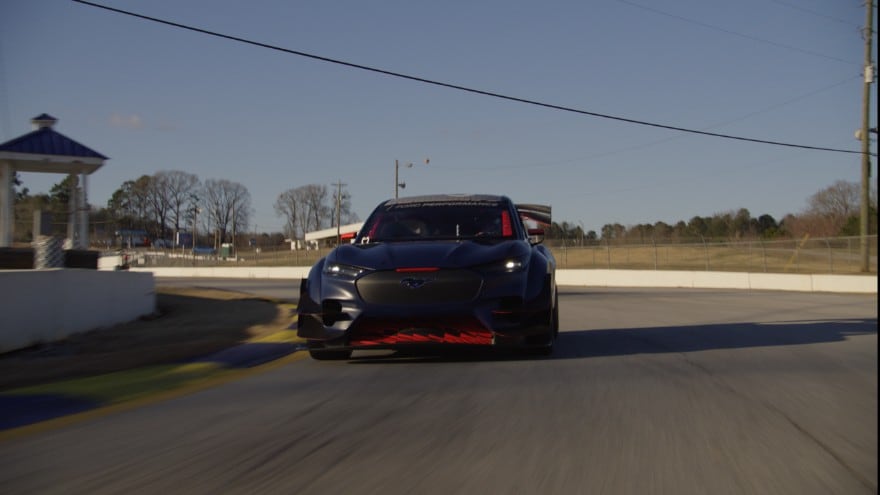Ford Entering Formula 1 is About More Than Just Racing

While the latest announcement came with a lot of fanfare, there’s more than just Will to win her entry to the World’s Premier Series. Of course, partnering with the defending champion team means the chance to see Ford atop the podium more frequently. The partnership is moving on track in 2026, but the work has already begun. The manufacturer seeks to immediately capitalize on its involvement in the series with research and development. As Formula 1 moves forward with synthetic fuels and hybrid racing engines, Ford will use this research to improve the production of its cars.
instead of. These are fuels that can be used with little or no modifications to existing combustion engine technologies. While the technologies differ, the end goal is the same: production and use.
Porsche and Ferrari are already working towards this goal and are having some success. And with Porsche’s parent company, Volkswagen Group, the main competitor worldwide, it was time for Ford to step in the ring.
Which brings us back to Ford’s future involvement with Formula 1. While their partnership with Red Bull wasn’t set to officially begin until 2026, development of new engine regulations is already in the works. This means that Ford is already getting its hands on synthetic fuels to help with research and development. Better yet, it’s technology that can be taken back to Detroit for use in the cars I can buy and drive today. Not only does this mean the combustion engine could be available in the future, but many of these fuels are considered safer for the environment than battery technology.
Developing hybrid and EV capability
In addition to developing synthetic fuel technology, Ford’s participation in Formula 1 gives them a testing ground for further work on hybrid and electric cars. Today, the Formula 1 regulations already use a similar V6 turbo-hybrid power unit system. The system is similar to the hybrid vehicles we see on the road today. By 2026, Formula 1 aims to triple the production of the electric motors these hybrids use. In doing so, they aim to reduce reliance on gas-powered engines. With this partnership with Red Bull F1, Ford can now outsource high-level research and development. This allows them to test new technology while reaping the benefits from the cars they sell to us in showrooms.
Ford wants to win both on the track and on the road
Of course, Ford still wants to win in Formula 1. But the advances in synthetic fuel and electric vehicle technology it can make while it’s in the series will help propel the manufacturer forward, even if success on the race’s biggest stage is limited.




